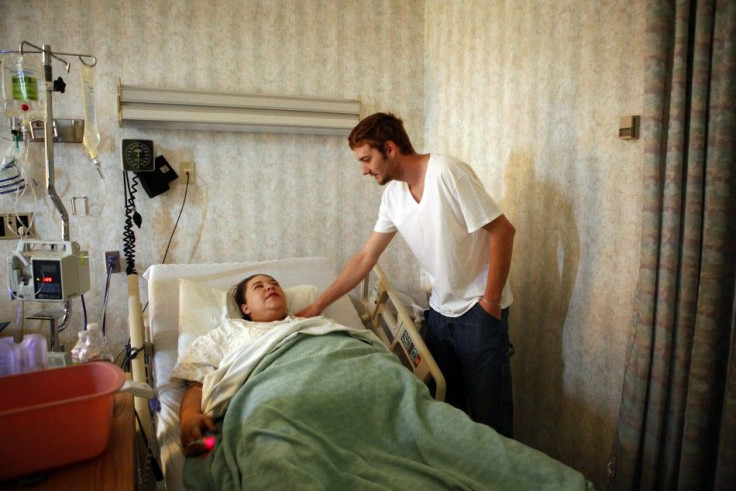British Reseachers Find Cause for Miscarriages

British fertility researchers developed a more accurate way to predict which pregnancies have more chance to end in miscarriage and say it could help doctors target a treatment to women.
Reserarchers for the study, presented at the European Society for Human Reproduction and Embryology conference in Stockholm this week, found six factors with the greatest impact on miscarriages, levels of progesterone and of the pregnancy hormone human chorionic gonadotropin (hCG), fetus length, the extent of bleeding, and the baby's development.
Individually, these factors were unable to predict accurately the risk of miscarriages, but when the researchers combine blood and hCG levels to create what they called a Pregnancy Viability Index, they found this was a consistently reliable predictor of a miscarriage.
This research has, for the first time, offered us a robust tool to begin to attempt to rescue pregnancies threatening to miscarry when currently all we can do is fold our hands and hope for the best, Kaltum Adam of Britain's St Mary's Hospital in Manchester, who led the study, told Reuters.
In the United States, the chances of having a miscarriage can range from 10 to 25 percent, and in more healthy women the average is about a 15 to 20 percent, according to the American Pregnancy Association. Until now, doctors had no way to predict which threatened miscarriages would result in the end of the pregnancy and so could not target rescue attempts at the right women or offer them counseling.
This has led to wasteful and potentially harmful interventions, including unnecessary blood tests, ultrasound scans, hospital admissions for bed rest, sexual abstinence, low dose aspirin and progesterone supplementation, Adam added.
© Copyright IBTimes 2024. All rights reserved.





















